The Israeli military said Tuesday that it has identified the remains of four deceased hostages returned by Hamas, including those of a Nepalese student abducted during the October 7, 2023 attacks. The return of the bodies came as part of U.S. President Donald Trump’s ceasefire and reconciliation plan to end the two-year Gaza war.
In a statement, the Israeli military named two of the victims as Guy Iluz, an Israeli national, and Bipin Joshi, a 22-year-old agriculture student from Nepal. The identities of the other two hostages have not been released at the request of their families. Forensic examinations are underway to determine the final causes of death.
Iluz, who was 26 when the war began, had been attending the Nova music festival when Hamas militants launched their surprise assault. He reportedly tried to escape in a jeep and later took shelter in a tree, from where he made his last phone call to his parents before being captured and taken into Gaza. The military said he was injured and abducted alive but later died of his wounds due to a lack of medical treatment while in captivity. His death was publicly announced in December 2023. Iluz, known for his work as a sound technician for several prominent Israeli musicians, was among the hundreds of young people attacked at the open-air festival near the Gaza border.
Joshi, the Nepalese student, was part of a group of agricultural trainees who had arrived in Israel just three weeks before the assault. He was kidnapped from Kibbutz Alumim, where he had been taking shelter with Thai workers. According to the Israeli military, it is believed that Joshi was murdered in captivity during the first months of the war.
His friend Himanchal Kattel, the only survivor from the Nepalese group, told AFP that Joshi displayed extraordinary courage during the attack. “The militants threw a grenade into our shelter,” Kattel said. “Bipin caught it and threw it away before it exploded. He saved my life.”
Joshi’s teacher, Sushil Neupane, remembered him as a dedicated and brave student. “We were deeply hoping that Bipin would return home,” Neupane said. “This news hurts us all — our hope has died.”
Hamas returned the four bodies on Monday, a day after the militant group freed the last 20 surviving Israeli hostages under the ceasefire deal brokered by the Trump administration. As part of the same agreement, Israel handed over the remains of 45 Palestinians to the Nasser Medical Centre in Gaza. The hospital confirmed that the transfer was coordinated through the Red Cross.
“The remains of 45 martyrs arrived at the hospital via the Red Cross,” a hospital statement said, adding that the return was “part of the exchange agreement.” Under the terms of Trump’s deal, Israel is to return the bodies of 15 Palestinians for every deceased Israeli handed over by Hamas.
Palestinian officials said the returned bodies were those of individuals killed during Israeli operations in Gaza over the past two years. Many families gathered at the hospital to identify their relatives and collect remains for burial.
Despite the progress, officials on both sides acknowledged that the issue of the remaining 24 hostages still held by Palestinian militants remains unresolved. “The return of Guy and Bipin brings some measure of comfort to families who have lived with agonizing uncertainty and doubt for over two years,” the Hostages and Missing Families Forum said in a statement. “We will not rest until all 24 hostages are brought home.”
Meanwhile, Israeli hospitals continued to care for the hostages who were freed alive on Monday. Noa Eliakim Raz, director at Beilinson Hospital in Petah Tikva, said many of the released captives were still undergoing medical tests and recovering from prolonged deprivation. “They have been reunited with their families, undergone blood tests and preliminary examinations, and are slowly regaining consciousness,” she told reporters. “Being underground for so long affects all of the body’s systems. There is no fixed timetable — each person is recovering at their own pace.”
Several hostages were reported to have suffered from malnutrition and extreme fatigue. “It’s important that they heal slowly,” Raz said, emphasizing that rehabilitation would take weeks, if not months.
Among those recovering are twins Ziv and Gali Berman, who were 28 when they were abducted. The pair told Israel’s Channel 12 that they were held separately throughout their captivity and kept in total isolation. They described enduring long periods of hunger, alternating with short intervals when they were given better food, and living in near darkness for months.
The release and recovery efforts come as both sides begin to implement the broader ceasefire plan announced by Trump, which includes the exchange of prisoners and remains, withdrawal of Israeli forces from key urban centers, and the reopening of humanitarian corridors. However, major questions remain over Gaza’s governance and security in the aftermath of the war, as well as the future of Hamas’s role in the enclave.
For many families, the return of bodies — and the continuing uncertainty about others — marks both an end and a beginning. As relatives bury their loved ones, officials warn that reconciliation will take far longer than the war itself.




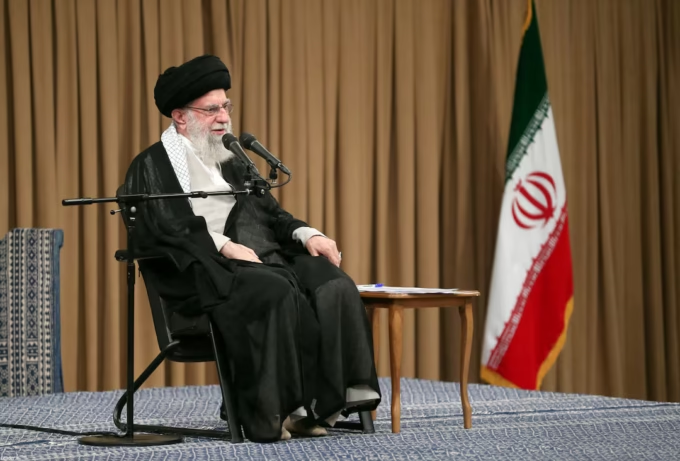
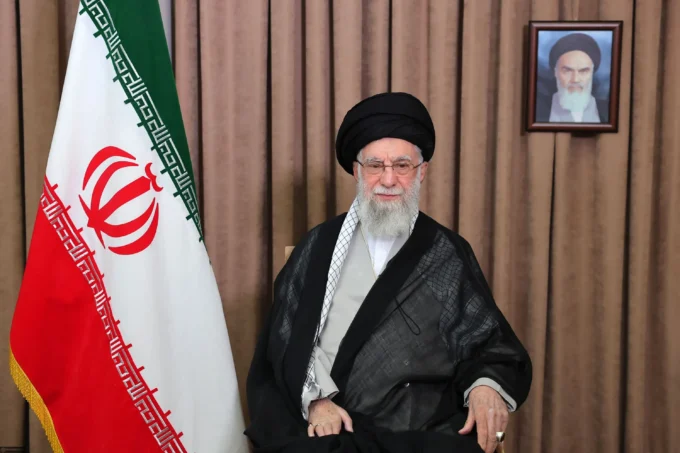
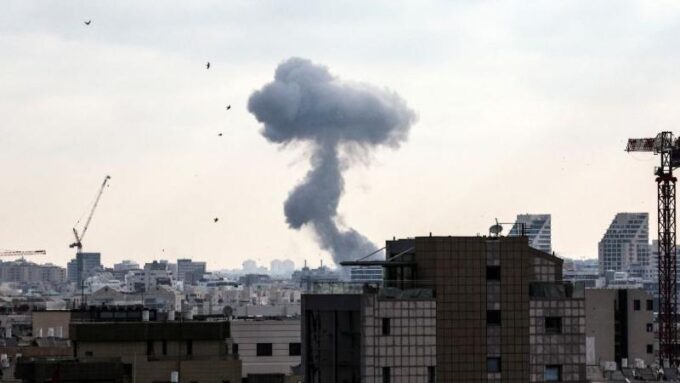
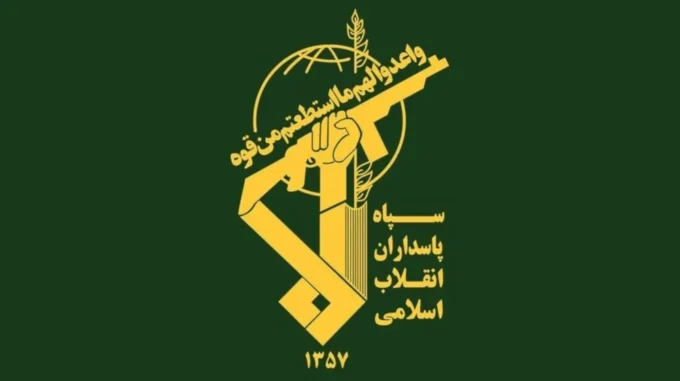
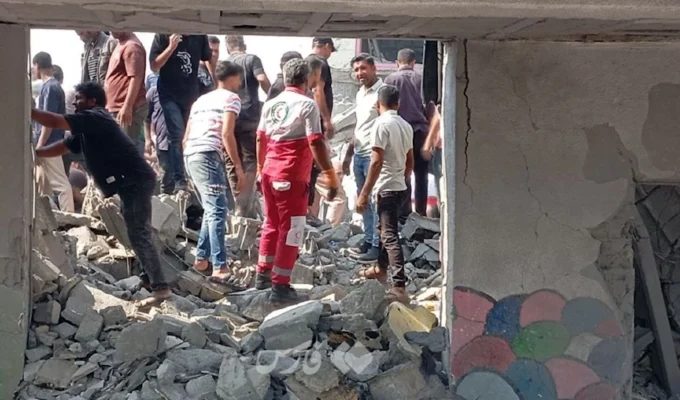

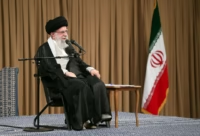
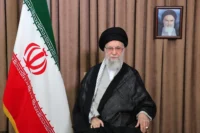
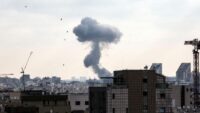
Leave a comment